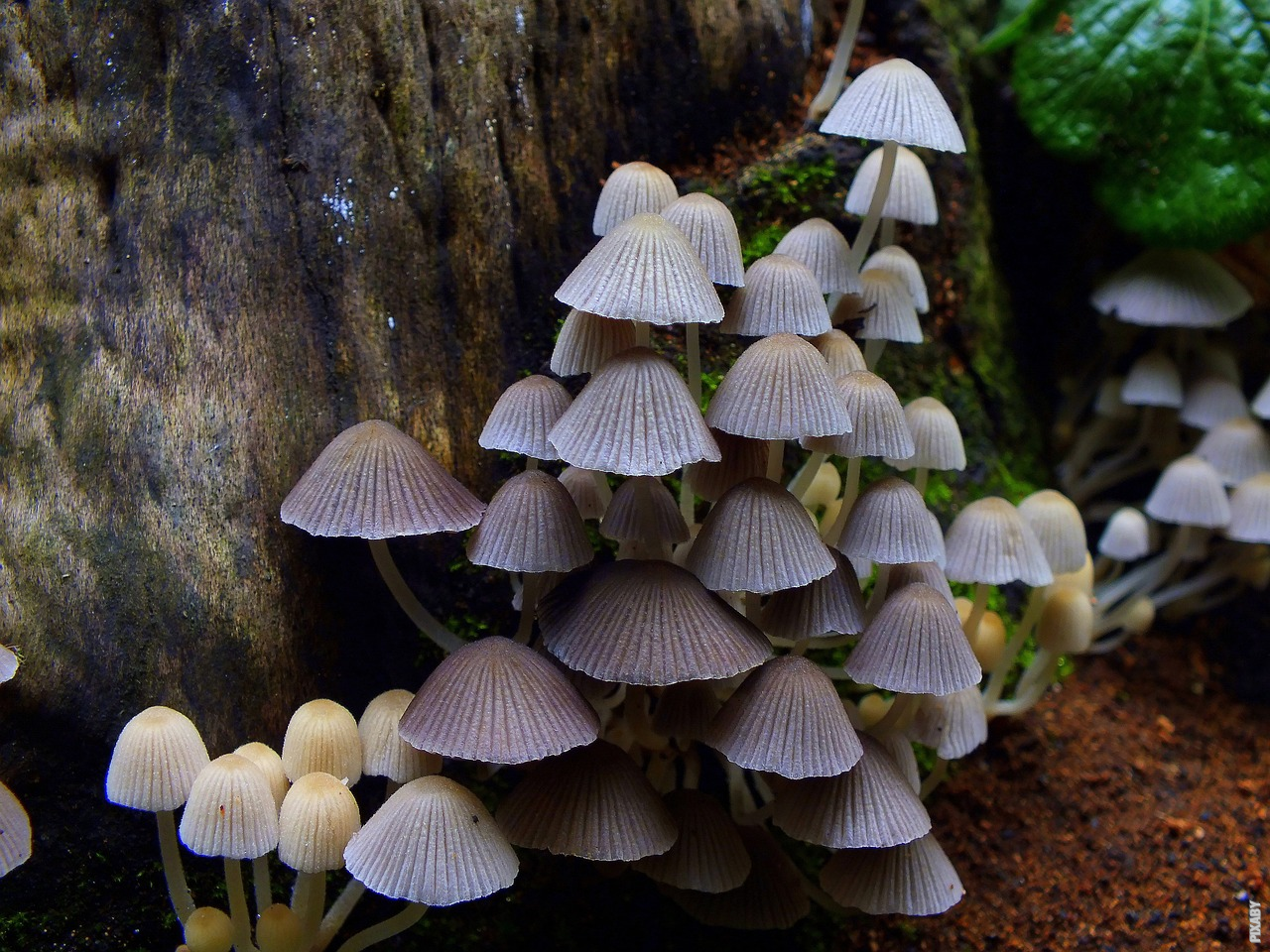The Magical Process of Humus Creation
Humus, the black gold of the earth, is the result of a fascinating natural process that takes place right beneath our feet. It is a dark, nutrient-rich substance that forms over time and plays a vital role in the health and fertility of soil. Let’s dive into the mesmerizing world of humus creation and uncover the secrets hidden within the Earth’s embrace.
The Journey Begins: Organic Matter
It all starts with organic matter, the foundation of humus formation. Fallen leaves, dead plants, animal remains, and other organic materials make up this crucial ingredient. As these materials accumulate on the forest floor or in our gardens, a magical transformation begins.
Decomposition: Nature’s Recycling Program
Under the watchful eye of countless microorganisms, the process of decomposition commences. Bacteria, fungi, and other microscopic creatures feast on the organic matter, breaking it down into simpler forms. This feast releases carbon dioxide, water, and heat, providing the energy needed for the next stage.
Transformation into Humus: The Dark Alchemy
As decomposition progresses, the organic matter undergoes a remarkable transformation. Complex compounds are broken down into simpler molecules, such as sugars and amino acids. These smaller molecules are then further broken down into humic substances, the building blocks of humus.
The Role of Detritivores: Nature’s Cleanup Crew
Detritivores, such as earthworms, beetles, and millipedes, play a crucial role in humus creation. These diligent creatures consume the partially decomposed organic matter, further breaking it down and enriching it with their digestive secretions. Their constant movement aerates the soil, allowing oxygen to penetrate and supporting the growth of beneficial soil organisms.
Post
Post
Time: The Patience of Nature
Humus creation is not an overnight process. It takes time, sometimes years, for the organic matter to fully transform into humus. Patience is a virtue in the natural world, and as the years go by, the humus layer in the soil becomes richer and more abundant, providing essential nutrients for plant growth.
Benefits of Humus: Nature’s Gift to Soil
Humus is not just a treasure for soil; it also offers numerous benefits. It improves soil structure, making it more crumbly and easier to work with. Its sponge-like properties allow it to retain water, reducing the need for frequent irrigation. Additionally, humus acts as a reservoir for essential plant nutrients, releasing them slowly over time and preventing nutrient loss through leaching.
Preserving Humus: Our Responsibility
As we marvel at the wonders of humus creation, we must also acknowledge our role in its preservation. Sustainable agricultural practices, such as composting and crop rotation, can help maintain and enhance humus levels in the soil. By caring for our soils, we ensure the continued fertility and productivity of our lands.
So next time you walk through a forest or tend to your garden, take a moment to appreciate the incredible process happening beneath your feet. Humus creation is a testament to the intricate and interconnected nature of our planet’s ecosystems, reminding us of the wonders that lie just below the surface.



